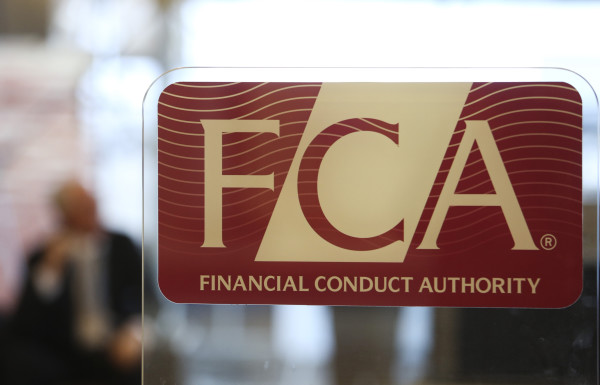

The Financial Conduct Authority has said it wants to address the "burdensome" task of switching platforms.
In the interim report of the regulator's platform market study, published today (16 July) the FCA decried the fact advisers often leave existing investments on more expensive platforms but it found switching platforms could take up to 15 hours of an advice firm's time.
The FCA found the majority of advisers - more than nine in 10 - said they moved a client’s investment from one platform to another less than every five years.
Among the problems the FCA found was that advisers were setting too low a bar for whether a client's investments should remain on a particular platform.
The FCA stated: "Most commonly, advisers review their choice of platform for existing clients once a year, typically for the annual review meeting with the client. The focus of the review is typically on whether the existing platform remains suitable.
"Many advisers indicated that the annual review very rarely leads to moving investments across platforms, unless the platform is positively unsuitable. This is a lower bar than considering whether using a different platform could improve the outcomes for the client."
The FCA also said certain platform practices - such as offering volume discounts and white labelling - can act as disincentives to switch, as can aspects of some advisers' business models which rely on platform infrastructure.
It also said the availability of different share classes on different platforms was a "further complication".
The regulator has previously warned about the "inherent conflict" in platform selection, whereby they are selected by advises but paid for by clients and has warned about advisers choosing platforms which which work best for their firm rather than for the client.
Generally speaking advisers only switched platforms if their clients' circumstances changed "significantly", if the client needed a product which wasn't available on the platform, if they adviser joined a restricted network or if the adviser was unhappy with the service the platform provided.
An example of this last point could be the fiasco with Aegon's and Aviva's platforms, where the two companies were bedeviled with problems for weeks after they moved their platforms onto new technology.
The FCA asked advisers to estimate the cost of switching for their clients and for themselves and almost half said they were likely to charge clients an extra fee for switching on top of their ongoing advice fee.
Fees ranged between £150 and £1,835, with a median of £700. Meanwhile the time required to switch ranged between two and 15 hours of combined adviser and administration time, with the median time being six hours.
The FCA stated: "These advice charges can act as a barrier to switching and cancel the financial benefits of switching platform.
"Advisers who charged for switching platform beyond the ongoing service charge told us that they charged because a platform switch was a full advice event which required the production of a suitability report.
"Whilst we recognise that advisers should be fairly paid for their work, it is not clear to us why meeting suitability requirements to switch platforms should outweigh the benefits of switching. This is particularly the case where a firm offers an ongoing suitability assessment and should therefore have up to date information about the client’s circumstances and objectives."
The FCA also warned about the impact of white labelling on switching, since this is offered by a restricted set of platforms so advisers wishing to keep it have a smaller selection to choose from and it may act as a barrier to move.
The paper also warned advisers that white labelling and continuing professional development (CPD) were likely to constitute non-monetary benefits since they are unlikely to provide clear benefits to the client.
The FCA added there was some evidence that providing white labelling raised costs for consumers.
damian.fantato@ft.com



